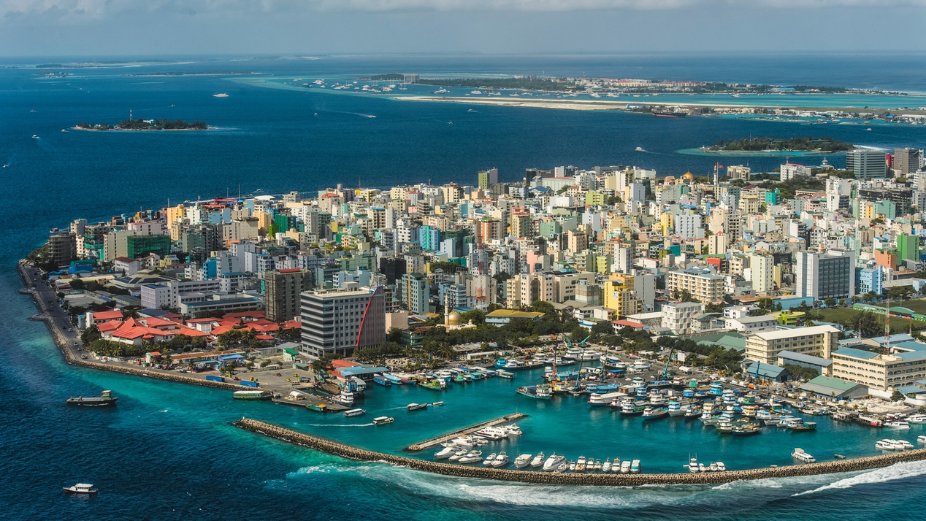The International Monetary Fund (IMF) has projected a difficult recovery for the global economy due to financial sector instability, high inflation, the continued impact of Russia’s invasion of Ukraine, and the ongoing effects of the COVID-19 pandemic. The baseline forecast anticipates a decline in growth from 3.4% in 2022 to 2.8% in 2023, before settling at 3.0% in 2024. Advanced economies are expected to experience a more significant slowdown, with growth falling from 2.7% in 2022 to 1.3% in 2023. In a plausible alternative scenario with additional financial sector stress, global growth could drop to around 2.5% in 2023, with advanced economies experiencing growth below 1%.
The baseline forecast predicts that global headline inflation will decrease from 8.7% in 2022 to 7.0% in 2023 due to lower commodity prices, but underlying (core) inflation is expected to decline more slowly. The IMF believes that inflation will not return to target before 2025 in most cases.
Global Prospects and Policies
In Chapter 1 of their report, the IMF states that tentative signs in early 2023 of a soft landing for the world economy have faded due to stubbornly high inflation and recent financial sector turmoil. Despite central banks raising interest rates and food and energy prices decreasing, underlying price pressures remain high, with tight labor markets in several economies. The fast rise in policy rates has led to side effects, including banking sector vulnerabilities and fears of contagion across the broader financial sector. Risks to the outlook are heavily skewed to the downside, with the chances of a hard landing having increased significantly.
The Natural Rate of Interest: Drivers and Implications for Policy
Chapter 2 of the report examines the natural rate of interest, which is critical for both monetary and fiscal policy. The natural rate of interest refers to the real interest rate that neither stimulates nor contracts the economy, and it is a reference level to gauge the stance of monetary policy and a key determinant of the sustainability of public debt. The IMF analyzes the evolution of the natural rate of interest across several large advanced and emerging market economies. They suggest that once the current inflationary episode has passed, interest rates will likely return to pre-pandemic levels in advanced economies. The degree to which interest rates reach those levels will depend on whether alternative scenarios involving persistently higher government debt and deficits or financial fragmentation materialize.
Coming Down to Earth: How to Tackle Soaring Public Debt
Chapter 3 of the report addresses the challenge of reducing public debt-to-GDP ratios, which have increased significantly worldwide due to the COVID-19 pandemic. The IMF finds that adequately timed and appropriately designed fiscal consolidations have a high probability of durably reducing debt ratios. When a country is in debt distress, a comprehensive approach that combines significant debt restructuring, fiscal consolidation, and policies to support economic growth can have a significant and long-lasting impact on reducing debt ratios. Economic growth and inflation have historically contributed to reducing debt ratios.
Geoeconomic Fragmentation and Foreign Direct Investment
Chapter 4 of the report examines the impact of geoeconomic fragmentation on foreign direct investment (FDI) and the global economy. Supply-chain disruptions and rising geopolitical tensions have brought the risks and potential benefits and costs of geoeconomic fragmentation to the center of the policy debate. FDI flows are increasingly concentrated among geopolitically aligned countries, particularly in strategic sectors. Several emerging market and developing economies are highly vulnerable to FDI relocation, given their reliance on FDI from geopolitically distant countries. In the long term, FDI fragmentation arising from the emergence of geopolitical blocs can generate large output losses, especially for emerging market and developing economies. Multilateral efforts to preserve global integration are the best way to reduce the large and widespread economic costs of FDI fragmentation.



















